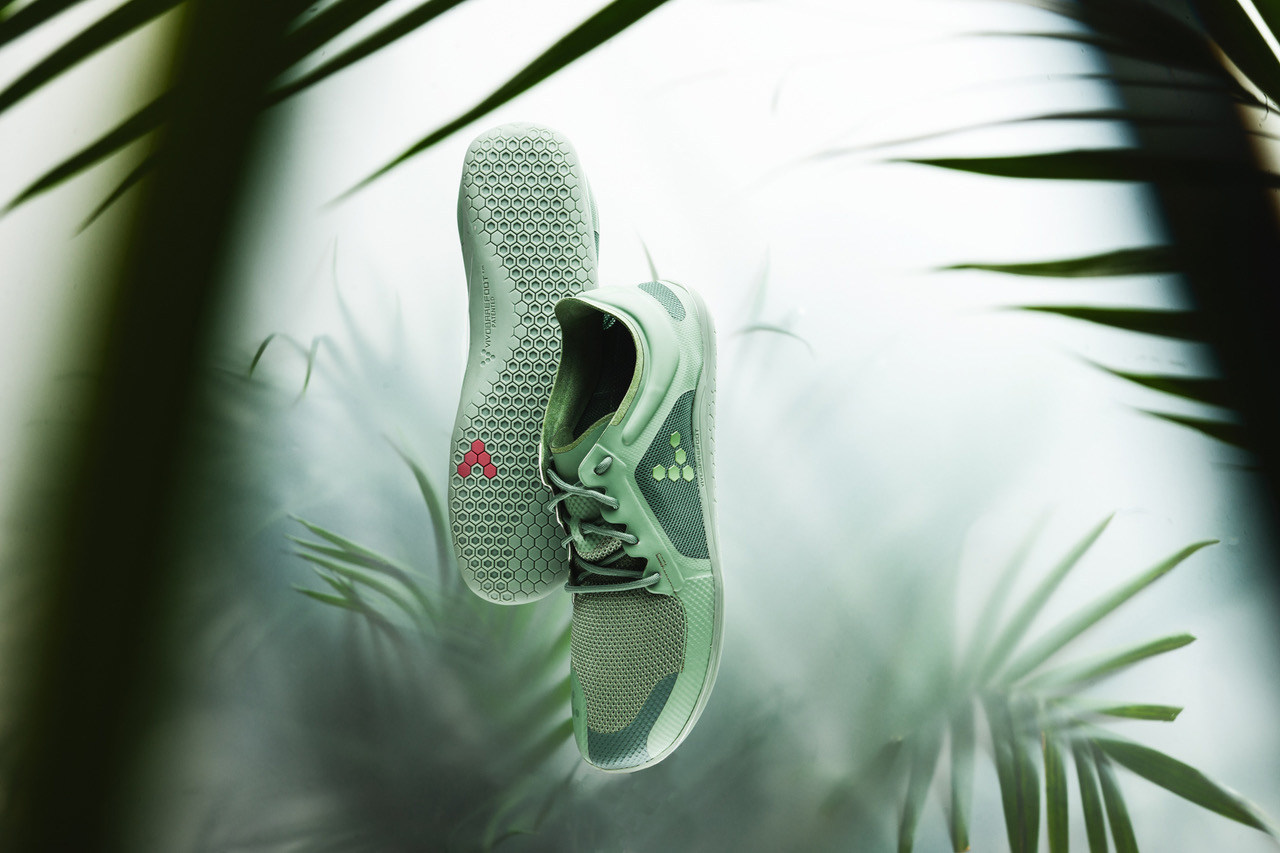
“The Primus Lite II Bio is not perfect, it still contains significant non-plant-based products, but it’s a step in the right direction.”
UK-based Vivobarefoot has launched a new bio-based shoe and has said that it is pressing ahead with its goal of using 100% bio-based materials for its future products.
The company describes its new shoe as a vegan one and it is designed with more than 30% renewable plant-based materials, including bio-based thermoplastic polyurethane (TPU) from yellow dent field corn, natural rubber and harvested algae called bloom.
It’s bio-based material is called ‘Susterra Propanediol’, which is developed by joint venture company DuPont Tate & Lyle Bio Products.
More than 20 billion pairs of shoes are made annually and are mainly petrochemical based, Vivobarefoot (@VIVOBAREFOOT) said. This can have a harmful impact on the environment if they are not reused or recycled and land up in landfills.
According to Vivobarefoot, the plant-based materials in its Primus Lite II Bio shoe are sourced and managed responsibly, reducing water, energy and CO2 emissions, improving wastewater and ultimately reducing their ecological footprint.
“The launch of the Primus Lite Bio represents an exciting step away from the industry’s reliance on single use petroleum-based materials and towards a promising future of plant-based alternatives,” said Asher Clark, Design Director at Vivobarefoot. “We want to challenge the world’s relationship with shoes, the materials they are made from and the impact they are having on us and our environment. Our ultimate goal is complete circularity.”
The release of Primus Lite II Bio follows Vivobarefoot’s commissioned consumer research study, which was conducted by an independent research company in April. The study confirmed that most consumers today have different definitions of sustainability but a key focus for them was the use of eco-friendly materials in the products they buy.
According to the company, it is aiming to phase out petrochemicals and use 100% sustainable materials for its products in the next two years.
Clark explained: “The less you put between your feet and the environment, the better. Just like our other styles, Primus Lite II bio was designed to let people’s feet do their natural thing, while providing maximum sensory feedback from your body to our brain.
“The Primus Lite II Bio is not perfect, it still contains significant non-plant-based products, but it’s a step in the right direction. There are many challenges the footwear industry faces in creating sustainable products, and Vivobarefoot believes it is better to innovate for good, rather than to stand still.”
 If you were interested in this bio-based shoe story, you may also be interested in the ones below.
If you were interested in this bio-based shoe story, you may also be interested in the ones below.
Read: As Allbirds shoes take steps around the world, their material remains the hero.
Read: Algae makes another splash for the bio-based industry with amphibious shoe.
Read: adidas committed to “redefining the sports industry” with biodegradable trainers.
Read: Timberland increases use of renewable materials in its shoes.





